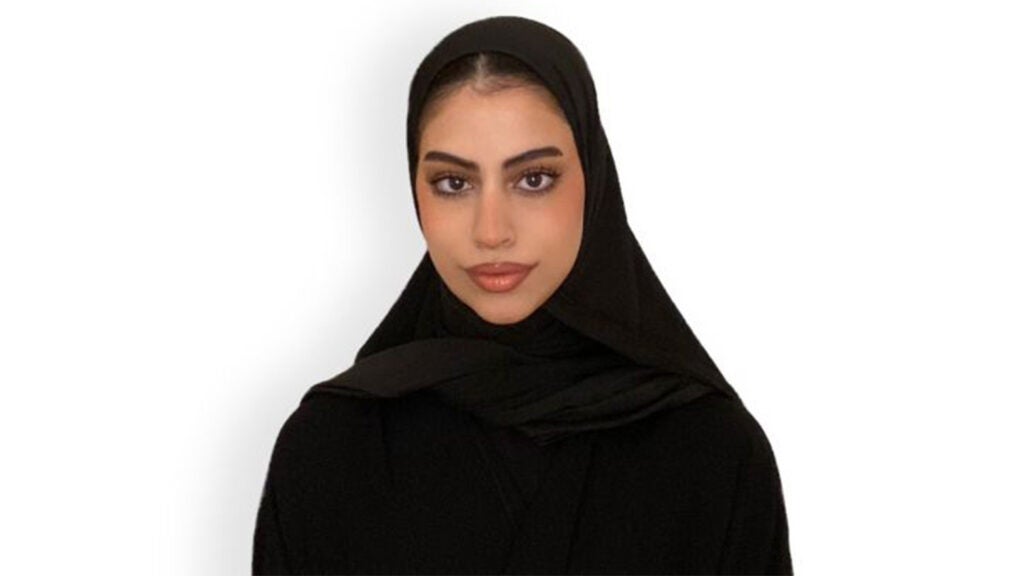Qatar’s Foreign Policy and the 2022 World Cup

Blog 34
By Hissa Al-Kubaisi.
After a bidding process that began in 2009 and ended in 2010, Qatar won the rights to host the 2022 FIFA World Cup. Although this came as a surprise to many, Qatar had been preparing for years to emerge as a sports hub worthy of hosting one of the world’s most prestigious sporting events. This is evidenced by Qatar’s efforts to host over 500 international sporting events over the past 15 years.
At the end of 2010, the same year Qatar was awarded the World Cup hosting rights, the Middle East and North Africa (MENA) region experienced a wave of uprisings and anti-government protests. Qatar became heavily involved in the Arab Spring, adopting a proactive and assertive foreign policy stance during the escalation of unrest in the region. It used its soft power in the form of its media arm, Al Jazeera, to provide a platform for protestors in the region who demanded change. Qatar also utilized its hard power capabilities, which was evident in its intervention in Libya, where the rebel forces fighting against Gaddafi’s regime received a substantial amount of financial and military aid.
Qatar’s support of the Arab uprisings proved to be a double-edged sword, however. While it was able to portray itself as a progressive Arab nation opposed to corrupt dictatorships, it also angered its Gulf Cooperation Council (GCC) neighbors by going against them. Whereas the UAE and Saudi Arabia supported the Sisi regime in Egypt, Qatar supported the Morsi administration, both financially and through media representation. Similarly, while the UAE supported Khalifa Haftar and his followers in Libya, Qatar allied with the rebel forces. Thus, the Arab uprising was a turning point that, along with other factors, widened the rift between Qatar and its neighbors, culminating in a blockade against it in 2017.
As host of the FIFA 2022 World Cup, a nation should exemplify the values of teamwork and international cooperation. If Qatar has contentious relations with its neighbors, this reflects poorly on it as a host nation.
Sheikh Tamim, who became the Emir of Qatar in 2013, began steering Qatar’s foreign policy in a new direction. Although the same foreign policy objectives of becoming a regional power remained, Qatar became less confrontational and more focused on mediation and diplomacy. The new leader desired to mend relations with Qatar’s neighbors, leading to a lifting of the blockade in 2021. The summit was followed by a number of visits to the blockading nations, during which they discussed strengthening financial and economic ties.
Qatar has assured its neighbors that it will cooperate with them to ensure a collaborative experience during the World Cup, and that the tournament is an opportunity to connect people both locally and regionally. For instance, fans from Saudi Arabia who cross the Abu Samra border to attend one or more matches within 24 hours do not need to make a hotel reservation.
This cooperative effort is reciprocal, and Saudi officials announced that individuals with Qatar government-mandated Hayya cards can stay in Saudi Arabia for up to two months to perform Umrah without the need for a visa. It will be interesting to see how the World Cup paves the way for increased cooperation between Qatar and its neighbors after a difficult period, and how this will continue after the World Cup.
Article by Hissa Al-Kubaisi, Georgetown University in Qatar alum.
Hissa Al-Kubaisi graduated from Georgetown University in Qatar, with a degree in international politics and a minor in Arabic. She graduated in 2022 with honors in the major. Her research interests include the foreign policy of small states. She authored a thesis on Qatar and the UAE’s foreign policy titled “Leadership Transitions and Foreign Policy Shifts: The Cases of Qatar and the UAE.” In her thesis, she investigated how a change in leadership affects the formation of foreign policy by Qatar and the UAE compared to their predecessors and to each other.
Read more about the Building a Legacy: Qatar FIFA World Cup 2022 project here.
The posts and comments on this blog are the views and opinions of the author(s). Posts and comments are the sole responsibility of the author(s). They are not approved or endorsed by the Center for International and Regional Studies (CIRS), Georgetown University in Qatar (GU-Q), or Georgetown University in the United States, and do not represent the views, opinions, or policies of the Center or the University.